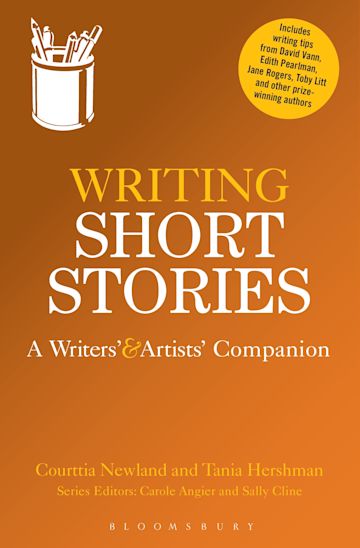
Dance as if there’s no one watching …
I read a lot of short fiction, and am asked to judge short fiction contests. What is the very first thing, in the first lines of any short story, to either make me engage with the piece or make me put it down and sigh? Voice. Voice makes a piece ring with honesty, tells me this writer is in charge, makes me trust them to deliver. But there is such confusion over what exactly ‘voice’ is.
Professor Wikipedia, echoing many other would-be gurus, tells us this: ‘The writer’s voice is the individual writing style of an author, a combination of idiotypical usage of syntax, diction, punctuation, character development, dialogue, etc.’ – giving us a picture of writers sitting down making a conscious combination of choices purely in order to discover what their own voice is. Speaking as a writer of short stories (as well as many other forms equally dependent on voice), I don’t think many of us would agree with that.
A more grounded professional, literary agent Rachelle Gardner, on her excellent blog, offers the best definition I have found: ‘Voice is not style. It’s not technique. It’s not branding. It’s not a decision to write in first or third person’; in her view, and I agree, ‘Your writer’s voice is the expression of YOU on the page’. Your voice is not ‘you’ trying to sound writerly. Or impressive. Or like any one of a hundred other writers you like and admire, or have been set to emulate for an exercise. It is not a coat ‘you’ slip on when you sit down to write, and take off when ‘you’ get up to do everything else.
Let’s take the inverted commas from ‘you’ and shift them. Why? Because that, to me, is what you do when you’ve ‘found’ your voice. You write without inverted commas.
You speak naturally through your writing. You are just you. And let’s be honest. You don’t ‘find’ it. Rather you clear away whatever you’ve hidden it behind. It’s always there, waiting.
Here’s a story from the Creative Writing staff at Columbia College, Chicago. One student’s work, read out in class, would send everyone to sleep. It was flat, expressionless, lacked colour. And yet he’d worked on it so hard. All students were asked to keep a daily journal in which they could write anything at all, anything that cropped up, thoughts about this and that, memories. Anything that asked to be written. These journals were scanned periodically, to check students were keeping them up. His journal was checked, and the penny dropped. He agreed to read a selected excerpt from it, instead of his homework, at the next class. He read a page or two, and when he stopped, his classmates begged him to go on. They were so taken with the story, they had to hear it to the end.
What was the difference? His voice. In doing his homework, the work to read out in class, he’d been REMOVING HIS VOICE, trying to make his work sound correct. Or acceptable. ‘Like a writer.’ Or whatever. He’d been trying not to sound like himself, when that is exactly what we all need to do. He’d been taking out what made his work sing, when everyone, tutors, agents, publishers, listeners and especially readers, all want to hear that song. HIS song. YOUR song.
Write as if only you will read it. Sing. As loud as you like. Dance as if noone’s watching.
Vanessa Gebbie is the author of two collections of stories and contributing editor of a creative writing text book. She has won numerous awards – including prizes at Bridport, Fish and the Willesden Herald – for her short fiction. Many of her prize-winning stories have been gathered together in her debut collection, "Words from a Glass Bubble"(Salt Publishing, March 2008). An extract from "The Coward’s Tale" won the Daily Telegraph ‘Novel in a Year’ Competition. Vanessa is Welsh and lives in Sussex.
Comments